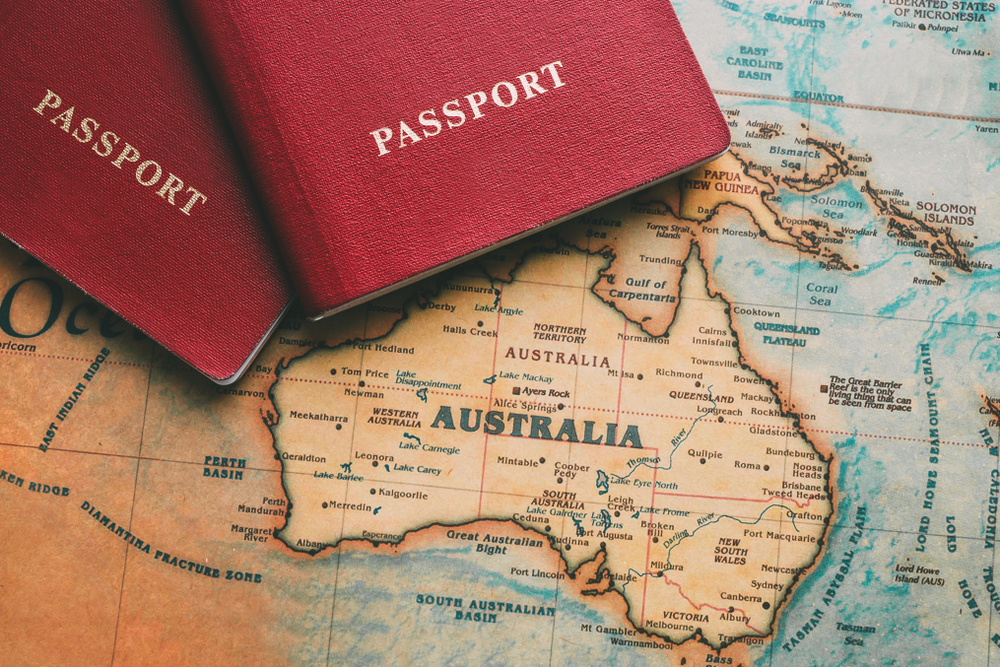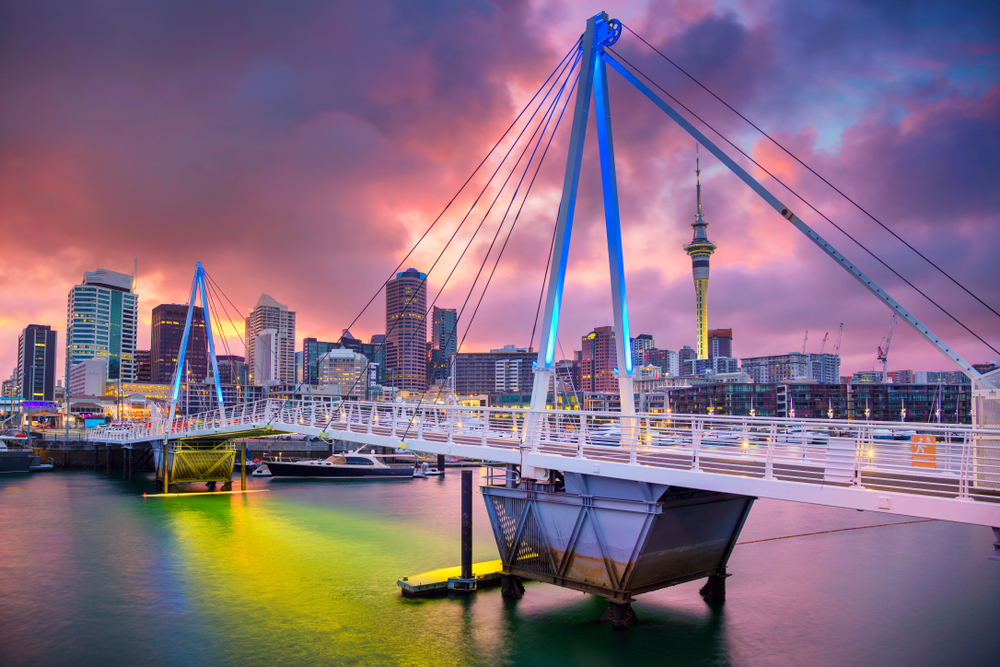More opportunities for Seasonal Workers in New Zealand
New Zealand is currently facing critical labour shortages in some sectors, and the government recognises that over the coming months, a number of sectors will require a significant number of additional workers to undertake key seasonal roles.
With this in mind, the government has recently announced a new interim visa subcategory for some seasonal workers, as well as rolling out improvements to its Recognized Seasonal Employers (RSE) scheme.
New temporary visa option for some seasonal workers
Immigration New Zealand (INZ) has announced a new subcategory of the Specific Purpose Work Visa to provide some short-term relief to employers in industries with upcoming seasonal peaks.
This is an interim, time-limited, streamlined pathway and is more in line with the length of seasonal work.
To be eligible, the seasonal work must be directly impacted by changes in weather, such as harvesting, ski instructing, or tree planting. The role must also start on or before 31 May 2025, and be for no longer than nine months. Horticulture, viticulture, and fishing crew work covered by other visas is excluded.
Applications from migrants must be received on or before 31 March 2025.
Employers will need to:
- hold employer accreditation
- pay at least NZD 29.66 per hour for a minimum of 30 hours per week.
- advertise the role beforehand, and provide evidence of this to the migrant to include in their application.
INZ is considering the need for a longer-term visa option for seasonal workers as part of the ongoing review of the Accredited Employer Work Visa (AEWV) and will undertake targeted consultation shortly as part of this work.
Improvements for Recognized Seasonal Employers scheme
Immigration New Zealand (INZ) has announced an increase in the Recognised Seasonal Employer (RSE) cap and initial improvements to the RSE scheme.
The RSE scheme is intended to maximise benefits for Pacific workers and countries while also giving the horticulture and viticulture industries access to a reliable, productive and experienced labour force for ‘peak season’ labour demand.
The newly-announced improvements reflect requests from industry groups as well as the recommendations from a review of RSE policy carried out by the Ministry of Business, Innovation and Employment (MBIE) in 2023.
The initial improvements being made are as follows:
- Employers must pay RSE workers an average of 30 hours a week over four weeks. RSE workers must currently be paid a minimum of 30 hours per week. Employers have raised concerns that factors like weather can cause weekly fluctuations in the availability of work, meaning they may pay for hours which are not worked under current rules. If an employer cannot provide the required 120 hours of work over the 4-week period, they will need to top up the worker’s pay to meet this amount.
- RSE workers will now be granted a multi-entry visa that will allow them to leave and return to New Zealand during a season. RSE Workers will be expected to cover the costs of temporary departures from New Zealand, including flights.
- RSE workers will no longer have to be screened for HIV. This change brings the RSE visa into line with other visas.
- The pause on accommodation cost increases will be lifted. Employers will be able to increase weekly accommodation costs (covering both rent and utilities) for RSE workers by either 15 percent or NZD$15.00, whichever is less, for 12 months. Accommodation deductions must still be for actual, reasonable, and verifiable expenses. This only applies to workers who have not already signed agreements about the costs of accommodation before 2 September 2024. This is because once agreed, the Residential Tenancies Act 1986 does not allow rent increases within 12 months.
- RSE workers will be able to undertake training and skills development not directly related to their role. Training will also not have to take place through industry training organisations.
- There will be more flexibility for RSE workers to move between employers and regions. The current grace period for the movement of workers will be extended from 14 to 21 days either side of the worker’s move date, as approved on the ATR. This increased flexibility applies to both joint ATRs and individual employers with multiple worksites, where movement between the worksites has been approved on the ATR. Further opportunities to increase flexibility in the longer-term will be considered as part of the next phase of work to review the RSE scheme. This will include the approach to labour market testing to ensure that the ‘New Zealanders first’ principle of the RSE scheme is not undermined, worker welfare is protected and a graduated enforcement model introduced.
- The requirement to pay RSE workers at least NZD 25.47 (10 percent above the minimum wage) will only apply to experienced workers returning for their third and subsequent seasons. All other workers will need to be paid, at least the New Zealand minimum wage.
- Timor-Leste will be included in the scheme.
Most of these changes will take effect from 2 September 2024. Further time will be needed to set up the infrastructure and processes on the ground to enable Timor-Leste’s participation.
RSE cap increase
The Government has also announced an increase to the RSE cap for the 2024 to 2025 season.
The cap on the number of workers is increasing to a total of 20,750. This is an increase of 1250 from the 2023 to 2024 season cap which was 19,500.
Feedback from a survey of all RSE employers on the number of workers they would need in 2024/25 informed where the cap was set.
This increase will help meet industry projections for growth, particularly in wine and kiwifruit exports, and related plans to expand their operations. It also balances the labour needs of the industry and the availability of accommodation for workers.
More information is available here and here.
Support with New Zealand immigration
If you are applying for a visa to work in New Zealand and require support with the process, Smith Stone Walters can help. Our dedicated Global Immigration team are on hand to provide support through the entire process, from initial consultation to delivery of your visa and post-arrival assistance.
To find out more, please contact us today.













